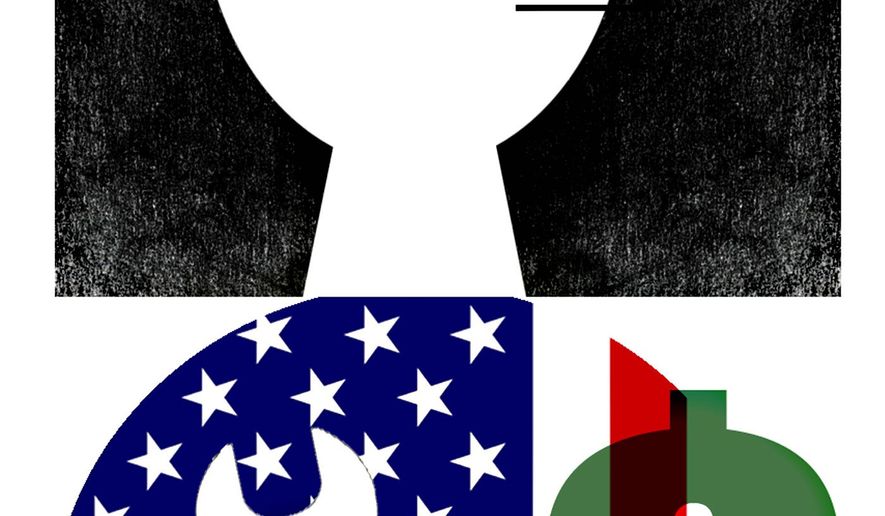OPINION:
As it goes in Mary Chapin Carpenter’s song “Passionate Kisses,” “Is it too much to ask? I want a comfortable bed that won’t hurt my back, food to fill me up and warm clothes and all that stuff.” The song’s lyrics touch the basic economic necessities in America, not available to all, because some still are looking for opportunity and employment. Is it too much to ask? Congress shouldn’t think so and neither should we.
We have a shortage of workers in our growing economy with unemployment near 3 percent. Almost everyone can find a way to provide for themselves and their families, yet there is a glaring untapped resource of people who are blind or severely disabled. Think of this, for people of working age who are blind the unemployment rate is 70 percent, and individuals who are severely disabled it is 80 percent.
This employment inequality has existed for a long time. In 1938, it was the will of the American people to correct this disparity through what is now known as the Javits-Wagner-O’Day Act or JWOD. Then, just as today, work was believed to be better for the individual than welfare. So, under JWOD’s mission, the government promised to provide opportunity and employment for people who are blind or severely disabled by purchasing products or services from nonprofits that employ this underserved population.
So, how is it that this unemployment discrepancy remains 70 years after the initiation of this program? Some would say it is because it is too expensive to employ people who are blind or severely disabled at a small business or even some corporations; however, it is the federal government’s own actions that have become the barrier to correcting this disparity.
In 2014, Congress passed the Workforce Innovation and Opportunity Act. In 2016, the Education Department issued a final rule which specifically prohibited state vocational rehabilitation agencies from referring people who are blind or severely disabled for employment to a JWOD-affiliated nonprofit employer, leaving thousands of jobs vacant. Statistically, for people who are blind, this has been a disaster reducing successful job placements nationwide by 31 percent. Shouldn’t referrals allow the individuals the freedom to decide where they want to work? Is it too much to ask?
In the last three years, Congress has added some new impediments to the JWOD mission. Authorized government panels are adding regulations increasing costs to JWOD product and service while federal agencies are buying online lower quality, imported products instead of items made by people who are blind or severely disabled.
Further, in each of these years, Congress could have increased opportunities by setting a 2 percent goal for federal purchases of quality supplies and efficient services from people who are blind or severely disabled, which would create thousands of jobs. Each year it was rejected in committees. Is it too much to ask for job referrals or a goal for the people who are blind or severely disabled? The answer is, no, not at all.
• Todd Tiahrt is a former U.S. representative from Kansas and a consultant to the National Association for the Employment of People who are Blind (NAEPB).




Please read our comment policy before commenting.